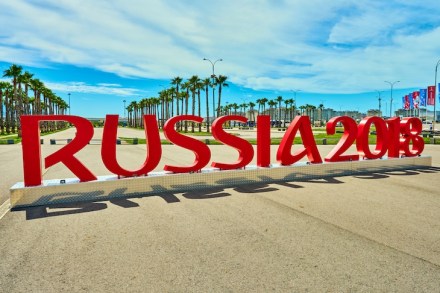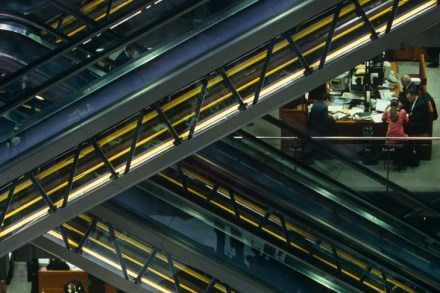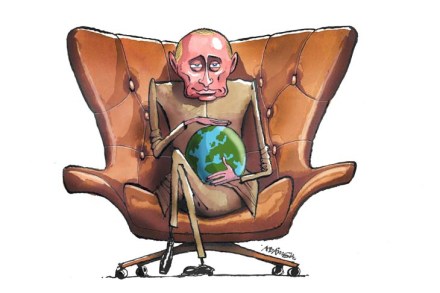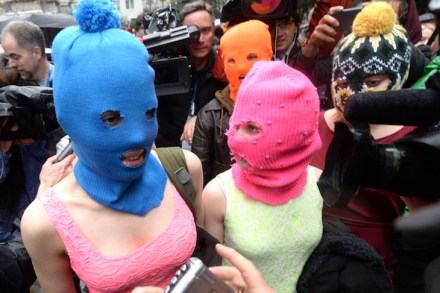Political football
Authoritarian regimes love grand international sporting events. There’s something about the mass regimentation, the set-piece spectacle, the old-fashioned idea of nation states competing for glory that appeals to leaders who wish to show off the greatness of their country to the world. Berlin ’36, Moscow ’80, Sochi ’14 — nothing says ‘we’re here, get used to it’ better than a giant sporting jamboree. The 2018 football World Cup doesn’t offer quite the same degree of validation as an Olympic Games. But for Vladimir Putin, it’s still a major opportunity to demonstrate not only Russia’s new-found greatness but also its continued membership of the civilised world. For what Putin yearns for,



















